5 Brutally Honest Movies About Depression and Mental Health

Movies in which characters experience depression in different ways and find a way out of it.
Girl, Interrupted
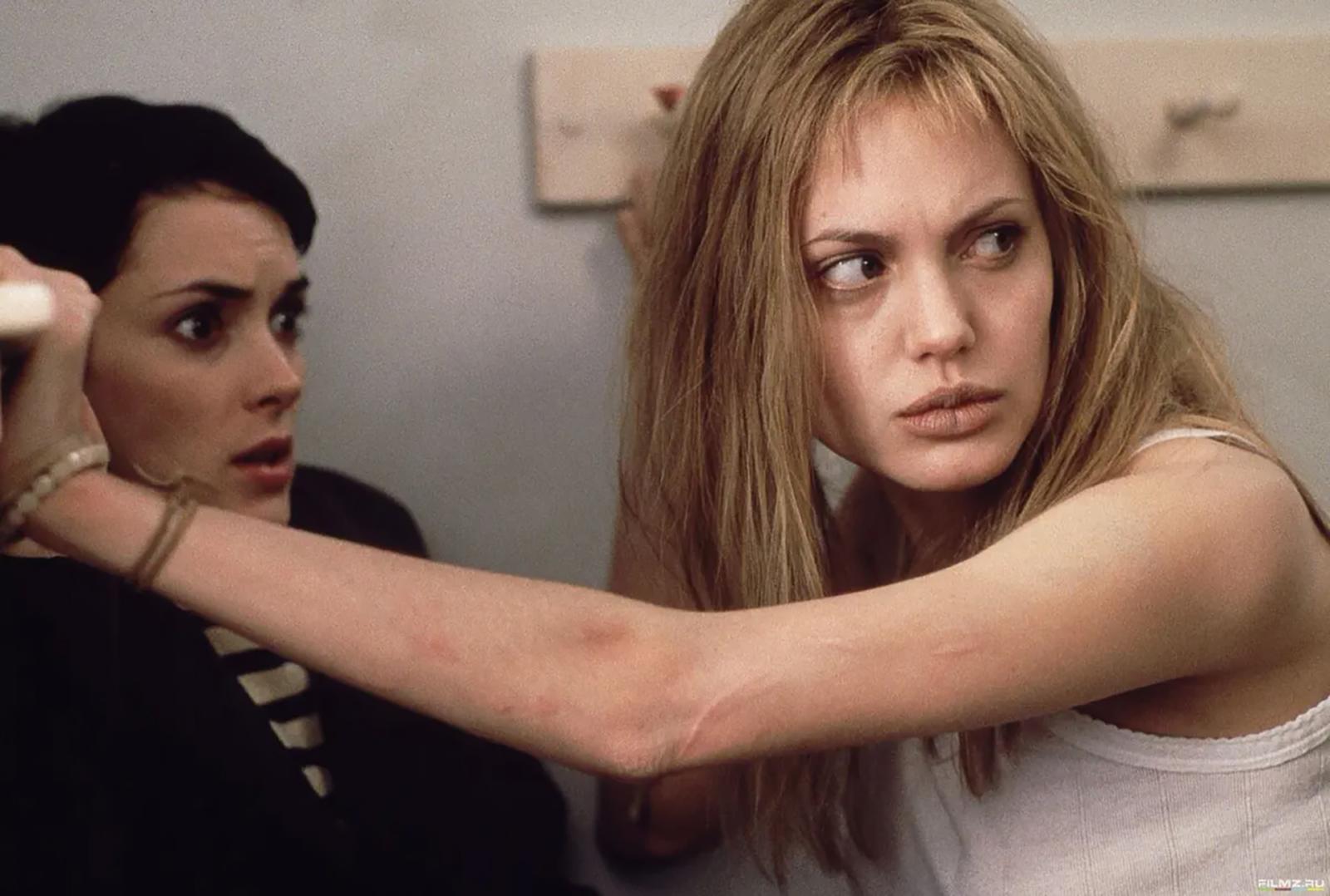
The film is based on novelist Susanna Kaysen's autobiography of the same name and tells the story of a young girl undergoing treatment in a psychiatric hospital.
The main character's depression begins abruptly. For 18-year-old Susanna (Winona Ryder), life suddenly loses all meaning, and she attempts suicide, but doctors save her. Susanna says she has no control over time. She doesn't know how she feels and looks lost and exhausted. Susanna is in denial about needing professional help and convinces herself she's just tired. She refuses to own up to her depression because she is terrified of ending up in a psychiatric hospital and the stigma associated with it. She does end up in a psychiatric hospital. Still, the treatment helps her improve: she talks to doctors about her condition and writes about her fears and anxieties in a diary.
Finding herself among other mentally disturbed patients, Susanna no longer sees herself as crazy and finds support and understanding. The film is a reminder that if you have mental issues, there is nothing shameful about seeking professional help.
King of Staten Island
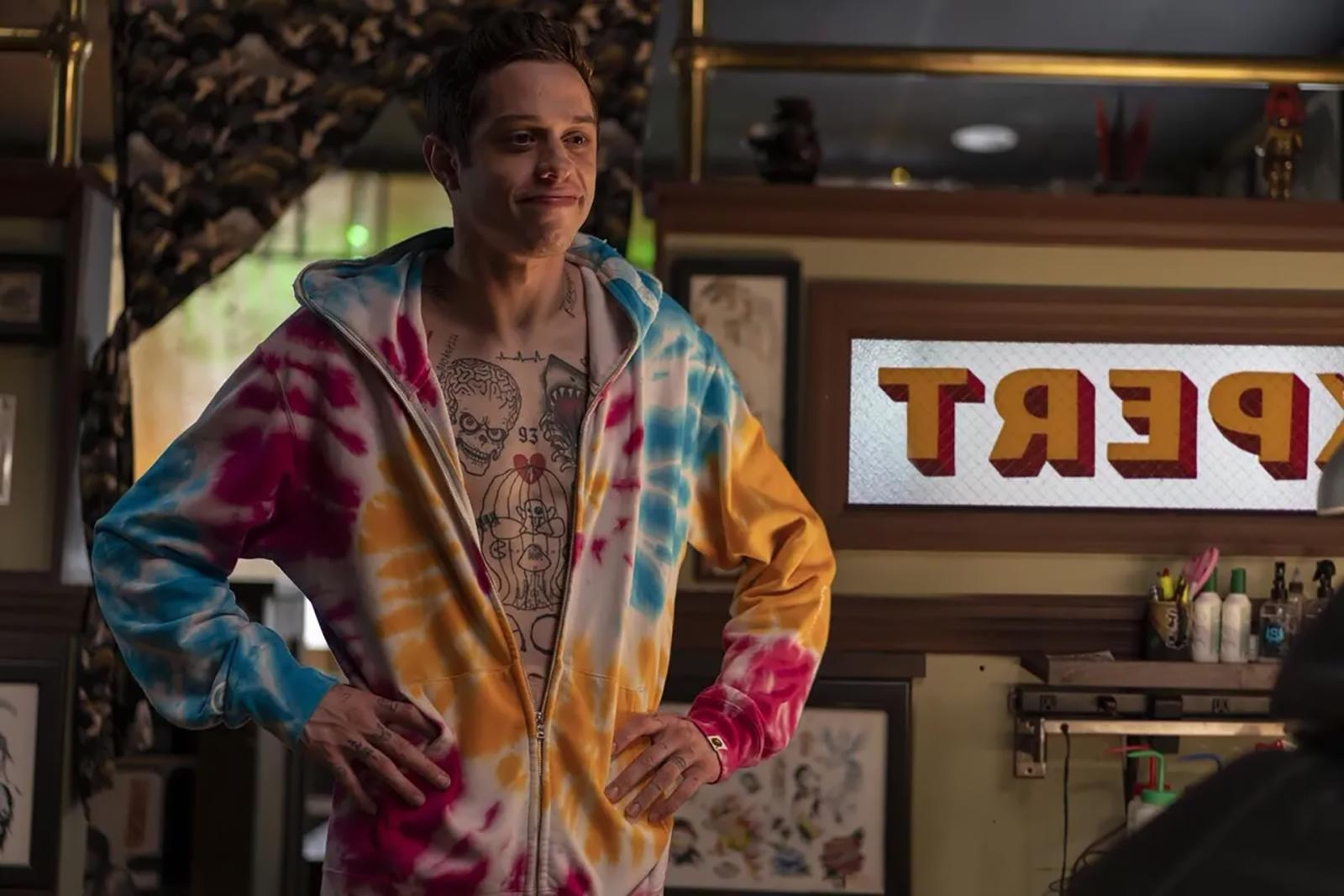
Scott Carlin is a 24-year-old high school dropout living with his mother, Margie, and his sister Claire in Staten Island. He doesn't know what he wants to do, but his life is about to change. The film is based on the life story of Pete Davidson, who plays himself.
The cause of the protagonist's clinical depression is the death of his firefighter father, who died in the line of duty when Scott was seven. The loss has severely traumatised the boy, who plays video games and watches cartoons 24/7 to dull the pain and silence negative thoughts, if only temporary. Scott remains infantile and turns a blind eye to adult problems; it's safer this way. But the depression is still eating away at him from the inside. Scott dreams of being a tattoo artist and practices on his friends, but his work is widely inconsistent. He also suffers from apathy and attention deficit disorder, which means he can't do much else.
Eventually, Scott gets over his depression and comes to terms with his father's death after bonding with his mother's boyfriend, also a firefighter, who becomes a father figure for him. The film's message is that you must work through your traumatic experiences before you can move on.
Cake
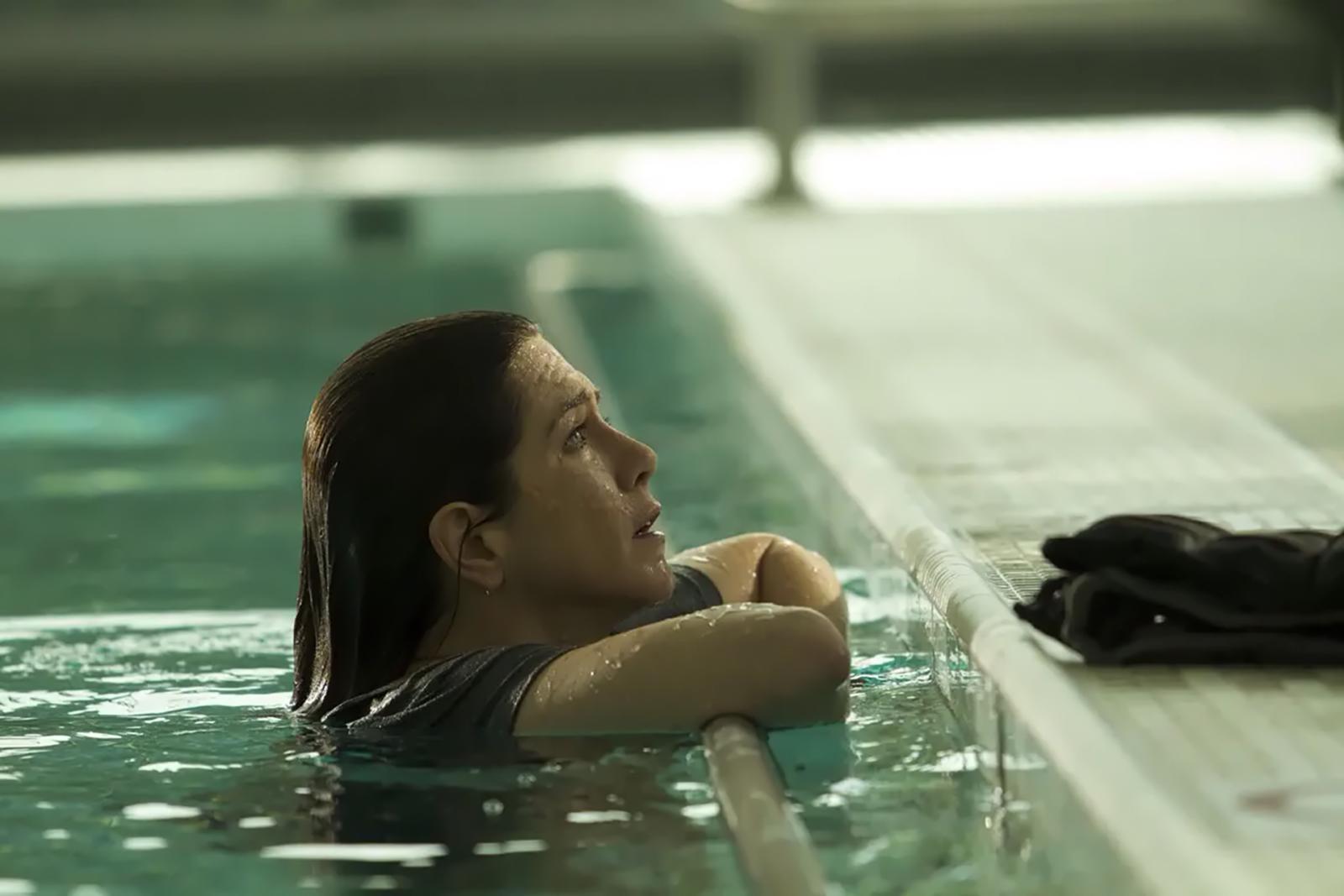
Claire survives a terrible accident and tries to find the strength to move on with her life.
The protagonist's story seems utterly hopeless at first. Having survived a car crash that left numerous scars, Claire (Jennifer Aniston) suffers from chronic pain syndrome and faces severe depression. She goes to a psychological support group and takes a bunch of tranquillizers to stop feeling anything, but she does not get better, wishing every day that she had died and obsessing over how if it hadn't been for her assistant, she would have. But the suicide of a member of her group forces Claire to pull herself together and start afresh. She dedicates herself to supporting the dead girl's husband and gradually gets over her depression.
The movie has a hopeful ending. It debunks the myth that you can shrug off clinical depression. It can take years to get better, as every person's situation is different.
Lost in Translation
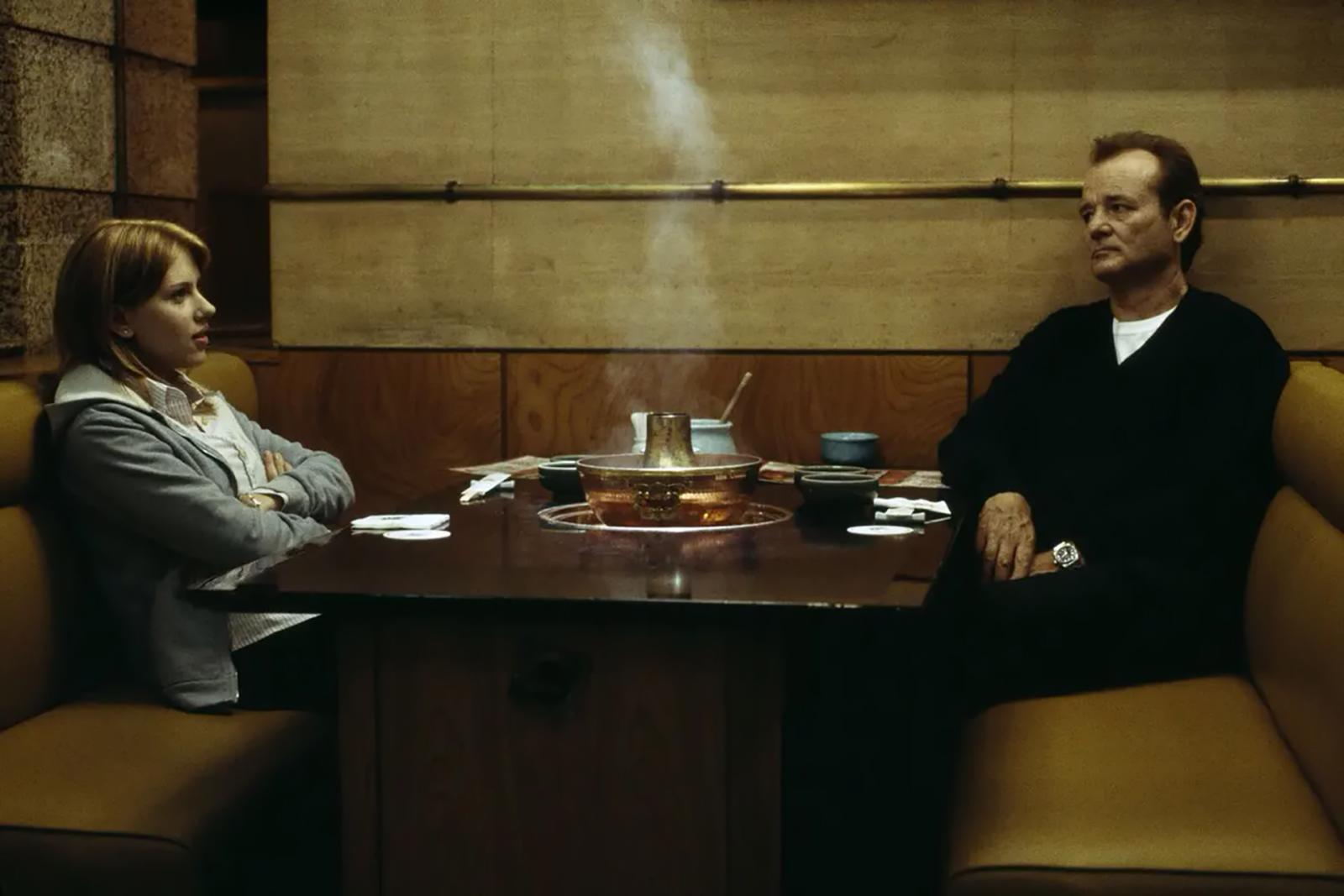
Bob, a fading TV actor, and Charlotte, a young woman, meet by chance in a bar in Tokyo. This chance encounter changes their outlook on life.
Full of melancholy lyricism, the film slowly immerses the viewer in the characters' developing depression. The feeling one gets watching it is that both the main characters are stuck in a time loop in another country: they have insomnia and can't enjoy anything, there are no walks around the city or making friends with interesting people, the food has no taste and alcohol only makes them feel homesick and lonely. Once a successful actor, Bob (Bill Murray) is going through a midlife crisis, he's on the verge of retiring, and his life seems to be falling apart at the seams. Young Charlotte (Scarlett Johansson) faces an uncertain future and loneliness despite her marriage.
The fateful encounter helps the two characters regain a taste for life and deal with their depression: they talk honestly, and it helps them feel grounded again, which is exactly what they need. Sofia Coppola's film is a graceful parable about how we need someone to talk to who understands, especially when we're depressed.
The Twilight Saga: New Moon
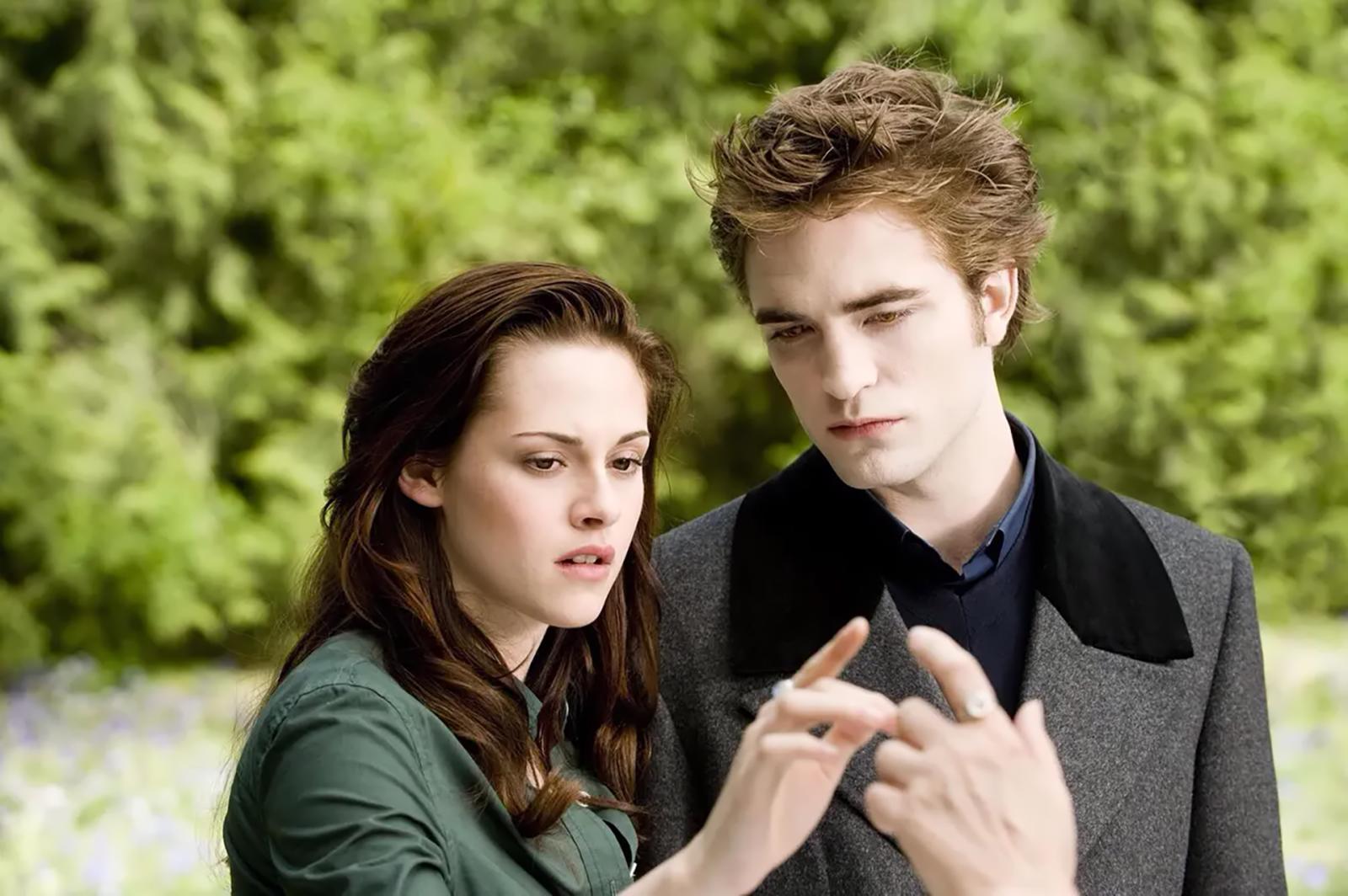
Bella Swan has to say goodbye to vampire Edward Cullen and tries to forget her friendship with Jacob, but she has no idea what kind of person he really is.
Twilight's sequel is a poignant tale of devastating post-break-up depression. Bella (Kristen Stewart) hasn't stepped out of her room in four months since Edward (Robert Pattinson) left her. She loses interest in life, stares blankly into space and listens to Lykke Li's Possibility on repeat. The seasons change outside her window, but Bella doesn't notice – she feels as if she died the day Edward left. Depression drives Bella into nervous and physical exhaustion. Her friendship with Jacob saves her. He helps her move from fear to action in a kind of occupational therapy (they fix motorbikes together), which also eases her out of her depression. Bella is still in love with Edward, but hanging out with Jacob helps her to come to her senses.
The film offers some valuable tips on how you can help when your friend is depressed.